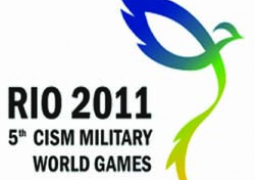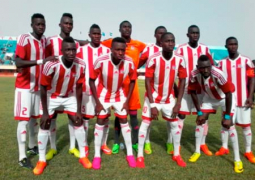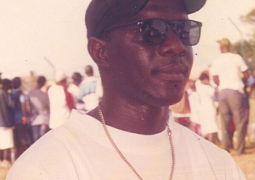The campaign against women under representation in decision-making positions is gaining momentum in the country.
The activists have sensitised over 200 active female politicians from all parties on the political rights and responsibilities and the need for more participation and involvement of women in decision-making processes.
As part of its strategic activities under the framework of the United Nations Democracy Fund (UNDEF), three implementing partners of the UNDEF project - West Africa Network for Peacebuilding-Gambia (WANEP-Gambia), Forum for African Women Educationalist (FAWEGAM) and Pro-Hope International (PHIN) - on 31 January 2012 concluded a weeklong nationwide campaign against women under representation in decision-making positions under the UNDEF project entitled “Enhancing Women’s participation in democracy and decision making”.
According to officials, the project is a two-year pilot project designed to target active women in politics from various political parties across the country to equip them with the knowledge and skills to be able to effectively participate in democratic and political processes of The Gambia.
Pamela Cole, National Network Coordinator for WANEP-Gambia, said the campaign was successful as they were able to interact with all the top women politicians from all political parties across the country.
She said the campaign was not about whose party is bigger or small; instead it is about how many women will assume decision-making positions to represent the interest of Gambia women, not a particular party.
During the meetings at various regions, Ms Cole explained, women were bold enough to come forward to speak out the issues limiting them from taking part in electoral processes and in assuming certain positions at community and national levels.
She said some of the factors identified are illiteracy, poverty, and shy/fear, lack of support from their colleagues, male dominated selection committees, domestic and family problems among others.
“They are therefore appealing for more support,” she said, adding: “As a project we are going see how best the project will device means of supporting the women in terms of bringing Gambian women all together as one family to support each other, in order to increase the number of women in decision-making positions.”
For her part, Michelle Jawo Demba, programme coordinator of Pro-Hope International, said some of the women participants shared their bitter experiences as well as their challenges.
“UNDEF is timely and has great impacts to the beneficiaries as far as enhancing women’s participation in decision-making processes are concerned,” Mrs Jawo Demba said. “Women participants have shown the need to come together regardless of partisan or ethnic differences, as far as women empowerment is concerned.”
She said it is high time women came forward and claimed their political rights in order to have equal representation in all decision-making positions for them to push their agenda forward for the interest of Gambia women.
Oumie Sissoho, project coordinator of WANEP-Gambia, stated that gender equality is one of the key global commitments agreed by international communities of which The Gambia is part.
Ms Sissoho also mentioned other activities for the project, such as the upcoming Mentorship Programme in which WANEP-Gambia and partners PHIN and FAWEGAM will bring together six mentees and three mentors from each region to train them on counseling, roles and responsibilities of mentees and mentors.
The Mentorship Programme will signal the nurturing process as mentees are transformed into effective leaders and changed agents in their communities through interaction and experience-sharing with mentors.
Modou C. Nyang, a representative from FAWEGAM, said there is a need to build and nurture Gambian women education at all levels on the policies and laws to address issues limiting them from assuming political and decision-making positions across the country.
For their part, Amie Sillah and Mariama Secka of West Coast Region, Soma Jallow of URR, Mariama Manneh of CRR, Nemunanding of LRR and Fatou Sonko of NBR discussed and debated on issues affecting the participation of women at the level of decision-making and the need to increase the number in light of the upcoming National Assembly and Local Government elections.




